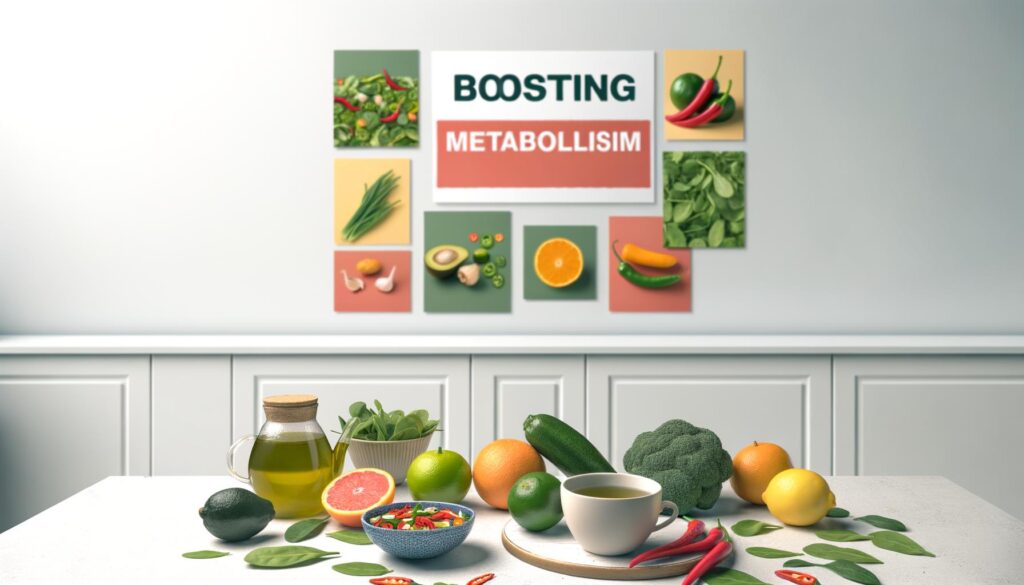Daily Habits That Affect Metabolism
Your daily routines can either boost or drain your metabolism. Certain habits have a significant impact on how efficiently your body functions. Here are a few daily habits that can affect metabolism:
- Meal frequency: Eating smaller, more frequent meals can help keep your metabolism active.
- Quality sleep: Poor sleep patterns can slow down metabolic processes and lead to weight gain.
- Physical activity: Regular exercise, especially activities that build muscle, can increase your metabolic rate.
Addressing these habits by ensuring balanced nutrition, prioritizing rest, and incorporating movement into your daily routine can dramatically enhance metabolic efficiency.
How To Improve Metabolic Health
Improving metabolic health involves a combination of lifestyle adjustments and dietary changes. To boost your metabolism, consider incorporating regular exercise routines such as strength training, which helps build muscle mass and burns calories. Another vital aspect is staying hydrated. Water plays a critical role in the body’s metabolic processes, and drinking an adequate amount can help promote a more efficient energy burn. Additionally, managing stress is crucial. Chronic stress can cause hormonal imbalances that negatively impact metabolic rate. By embracing a healthy lifestyle that combines physical activity, proper hydration, and stress management, you will set the stage for enhancing your metabolic health.
Metabolism Boosting Supplements
While lifestyle and dietary changes are fundamental, supplements can support your metabolic health. Supplements such as green tea extract, which is rich in antioxidants and known for its fat-burning properties, can be beneficial. Similarly, caffeine, in significant moderation, can temporarily boost metabolism. However, it’s crucial to research and consult with healthcare providers before adding any metabolism boosting supplements to your regimen, as their effects can vary among individuals and may have side effects when taken in excess.
Foods That Help Boost Metabolism
Nutrition is a cornerstone of metabolic health, and incorporating foods that help boost metabolism can make a difference. Foods high in protein such as lean meats, eggs, and legumes require more energy for digestion, effectively increasing metabolic rate. Spices like cayenne pepper, known for their heat-generating properties, can also contribute to metabolism enhancement. Additionally, consuming fibrous vegetables such as broccoli and high-quality grains can keep you feeling full longer, promoting a sustained energy release. By focusing on whole foods and diverse nutritional sources, you can support your body’s ability to convert food into energy efficiently.

